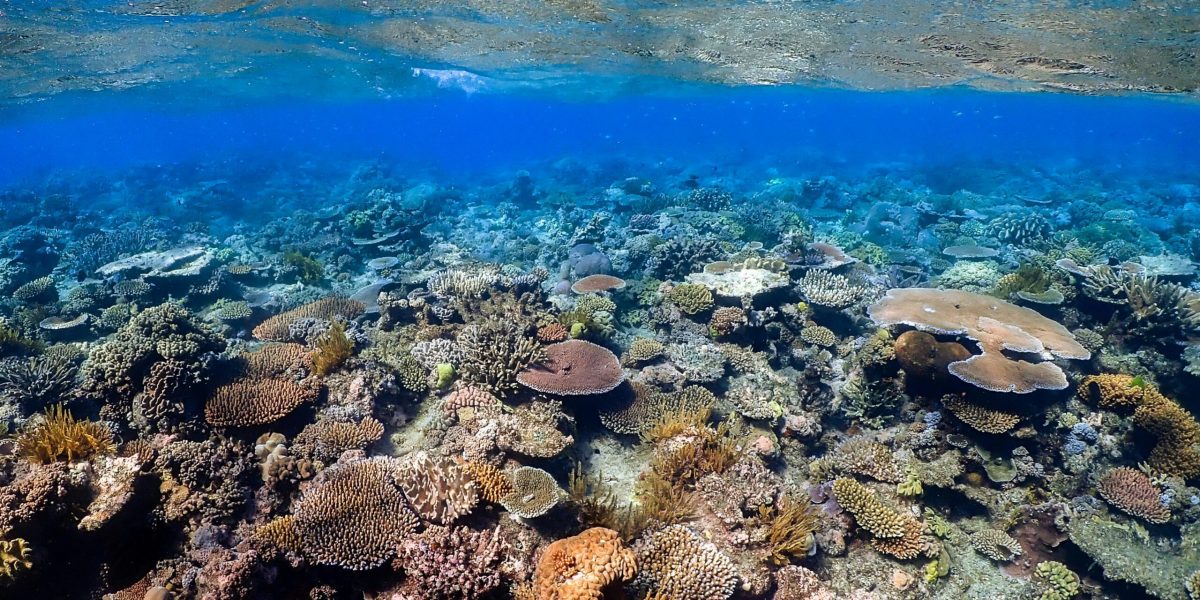How is Climate Change Affecting Marine Life?
The impact of climate change on marine life has become a pressing concern for scientists and conservationists worldwide. Rising ocean temperatures are altering the habitats of various marine species, forcing them to migrate to cooler waters. This shift disrupts the delicate balance of marine ecosystems, affecting food chains and breeding patterns. Coral reefs, which are home to a vast array of marine life, are particularly vulnerable. As water temperatures increase, coral bleaching becomes more prevalent, weakening these ecosystems and leading to a decline in biodiversity. The loss of coral reefs not only affects the species that directly depend on them but also impacts the larger marine environment, as reefs play a crucial role in coastal protection and fisheries.
Ocean acidification, caused by increased carbon dioxide levels, poses a significant threat to marine organisms, especially those with calcium carbonate shells or skeletons, such as mollusks and certain types of plankton. These organisms are essential components of the marine food web, and their decline can have cascading effects on larger species, including fish, marine mammals, and birds. The decrease in plankton populations, for example, reduces the primary food source for many fish, which in turn affects the predators that rely on these fish. The overall health of marine ecosystems is intricately linked to the well-being of these foundational species, making their protection vital in the face of climate change.
Why is Ocean Conservation Essential for Biodiversity?
Ocean conservation plays a crucial role in maintaining the biodiversity of our planet. Healthy oceans support a wide range of ecosystems, each teeming with diverse species that are interconnected in complex ways. By protecting marine environments, we ensure the survival of these ecosystems, which provide essential services such as oxygen production, carbon sequestration, and climate regulation. Moreover, oceans are a source of food, medicine, and livelihoods for millions of people around the world. The intricate relationships within marine ecosystems mean that the decline of one species can have far-reaching impacts on others, highlighting the importance of comprehensive conservation efforts.
Conservation efforts, such as establishing marine protected areas and promoting sustainable fishing practices, help mitigate the adverse effects of human activities on marine life. Protecting key habitats like coral reefs, mangroves, and seagrass beds is vital for preserving biodiversity. These habitats serve as breeding and nursery grounds for many marine species, ensuring their populations remain stable and resilient against environmental changes. Additionally, reducing pollution and managing coastal development are essential strategies in conservation. Supporting ocean conservation initiatives is not just about preserving marine life; it’s about safeguarding the health and well-being of our planet and future generations.
How Can Individuals Contribute to Marine Conservation?
Individuals can play a significant role in promoting marine conservation through various actions and lifestyle choices. Reducing plastic usage is one of the most impactful steps, as plastic pollution poses a severe threat to marine life. Participating in beach clean-ups, advocating for policies that protect the ocean, and supporting organizations dedicated to marine conservation are also effective ways to make a difference. By staying informed and spreading awareness about the challenges facing our oceans, individuals can inspire others to take action and contribute to the collective effort needed to preserve marine biodiversity.
Making sustainable seafood choices and reducing carbon footprints by using alternative modes of transportation and conserving energy can help mitigate the effects of climate change on marine life. Educating oneself and others about the importance of ocean health and the interconnectedness of marine ecosystems with global environmental health is crucial. Every small action counts when it comes to protecting our oceans and the myriad of life forms they support. By adopting these practices and encouraging others to do the same, individuals can significantly contribute to the preservation of marine biodiversity and the overall health of our planet.






